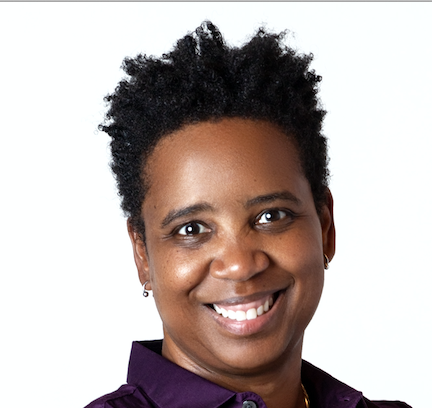Systemic racism in the US has left numerous members of the Black community with the role of involuntary pioneer. Taking time to learn and understand the systems that have left many of us being the first, is a step toward ensuring that we are not the only.
Throughout my conversations with Financial Coach Terry Banks, we discussed the interconnectedness of factors that contribute to financial literacy, including what it means to be the first in one’s family to pursue a greater understanding of financial health, what Terry referred to as pioneering. A common experience that comes along with being a pioneer in this respect, is having a lack of trusted and experienced family members or peers to turn to for guidance related to finances.
Consider a person who is the first in their family to go to college. Common themes associated with this transition include: navigating how best to pay for tuition and housing, developing relationships with peers who may comprise some of the person’s professional network down the road, and feeling there is little to no room for mistakes. After all, being “the first” means you are representing an entire group of people (of course this is not true, but so many of us have felt this). The implications of these themes highlight the disinvestment in our communities that leave many of us financially disadvantaged. That same person who is the first to go to college in their family uses student loans to pay for tuition, those student loans accrue interest over time while affecting their ability to build credit, and their lack of credit or poor credit contributes to their housing and career options.
Pioneer or not, it is necessary to recognize and understand the economic power we each hold, which undoubtedly influences our health and quality of life. One way to start is by learning about three of the most common ways to build financial wealth, which Terry shared with us below:
- Real estate
- Stocks
- Business ownership
She went on to acknowledge that each strategy has its pros and cons, and costs of participation. Identifying actionable steps toward healthy financial practices, combined with consistent intentional financial management can make them possible. Gaining a sense of power and agency regarding financial health does not mean you will have a complete understanding of each of these strategies, it starts by acknowledging that you have some say in this part of your life. Notice some of your everyday habits that contribute to your relationship with money and consider this, many of the habits that build wealth are the same habits we use to manage a household.

Terry Banks is a Financial Coach who specializes in guiding professionals, singles, and couples, who feel frustrated with living paycheck to paycheck so that they can achieve financial security. She started Bank On It Financial Coaching to help others conquer their money fears and tap into their dreams. Her hobbies are gardening, investing, watching stand-up comedy, and savoring tequila.

Featured Image: Aziz Acharki on Unsplash



